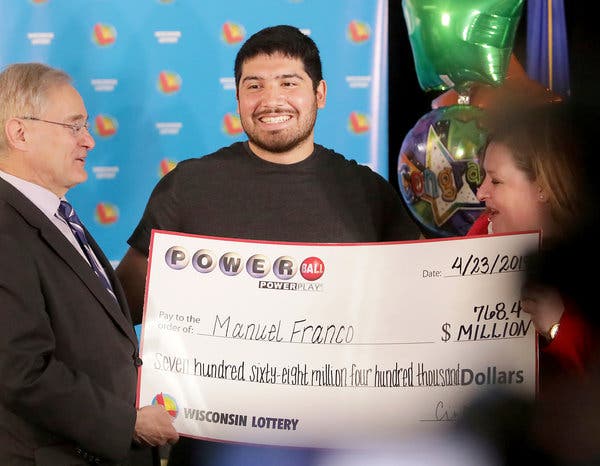
Lottery keluaran sdy is a state-run contest offering big bucks to winners selected at random. The practice is not only ancient — there are biblical examples of Moses distributing land by lot, and the ancient Romans used the “apophoreta,” a drawing for prizes at dinner entertainments, including slaves and property — but it has also been hailed as a painless form of taxation.
Most states have a lottery or multiple lotteries to raise money for a variety of purposes. The first state-sponsored lotteries were introduced in the Netherlands in the 15th century, with the proceeds being used to help the poor and for town fortifications. The word ‘lottery’ is probably derived from Middle Dutch loterie, meaning the action of drawing lots.
The earliest public lotteries were simple raffles, with the prize amount being announced weeks or months in advance and the tickets available for purchase only at a specific time and place. More recent innovations in the 1970s and beyond have expanded state lotteries’ scope, offering a variety of games that are played on the basis of instant tickets. The games often have lower prizes but much higher odds of winning.
People buy tickets because they think they’ll win — but that belief is mostly the result of a combination of factors. Those include the fact that jackpots often reach newsworthy levels, and that lottery advertising often presents misleading information about the actual odds of winning. In addition, many people use the lottery as a low-risk investment. But that conceit is based on the myth of meritocratic wealth, and it can lead to poor financial choices over time. For example, people may choose to invest in the lottery instead of saving for retirement or college tuition.

